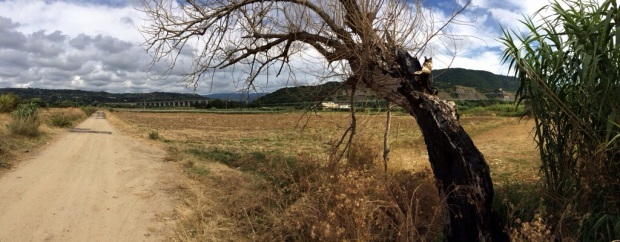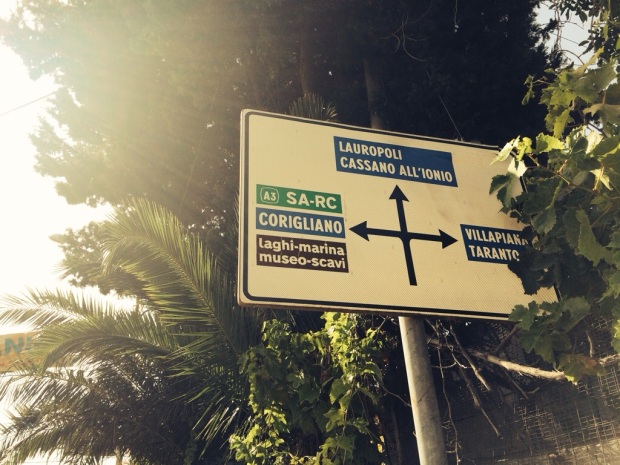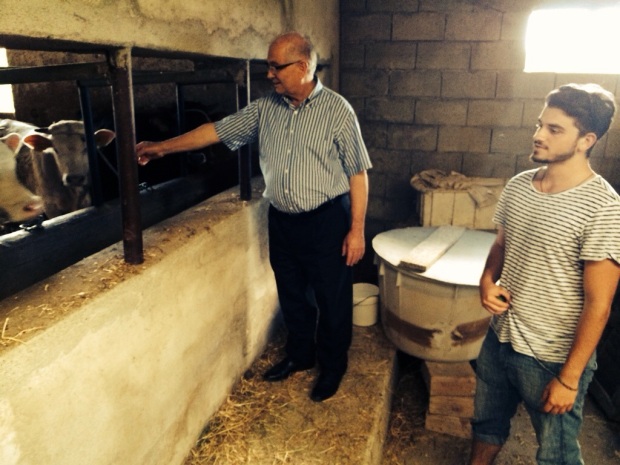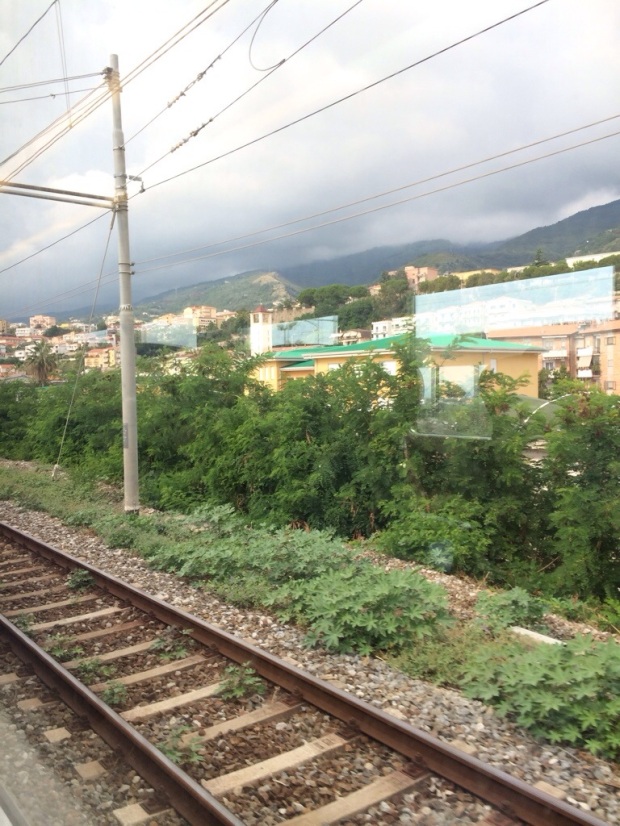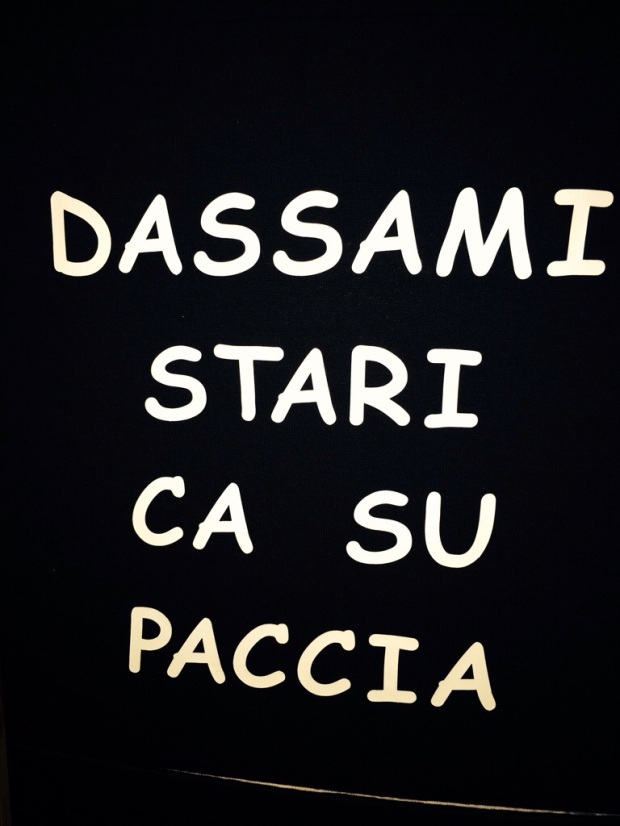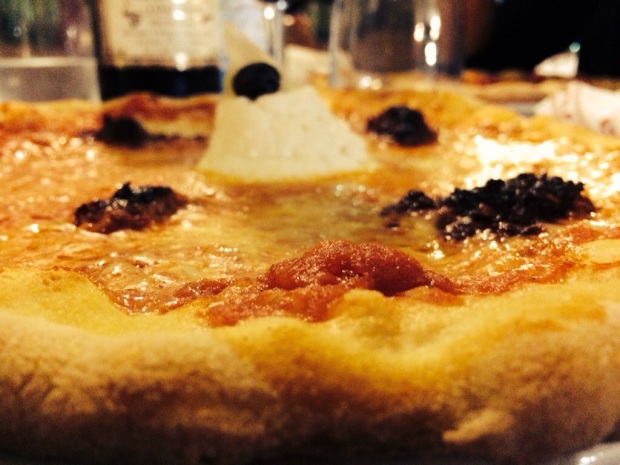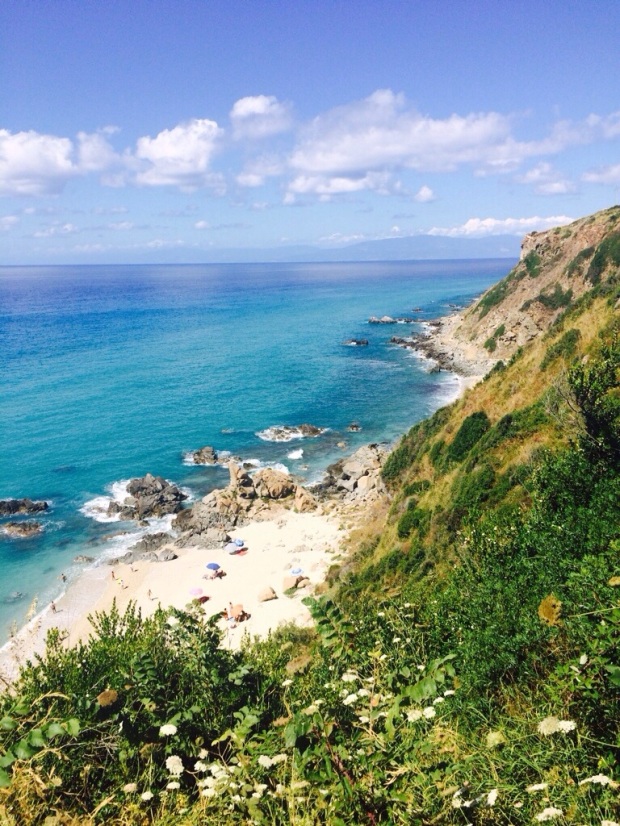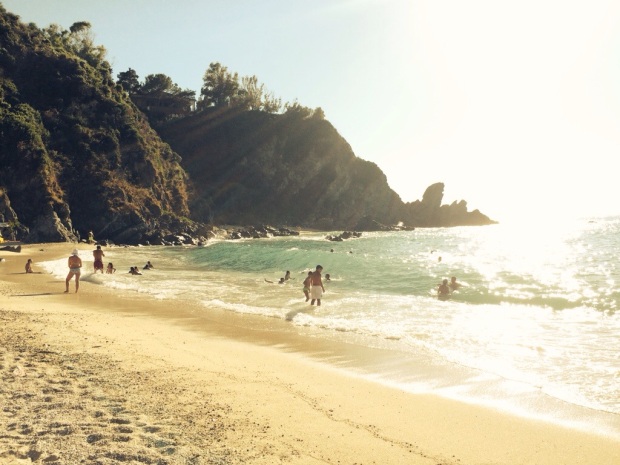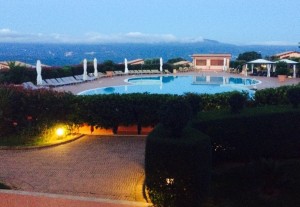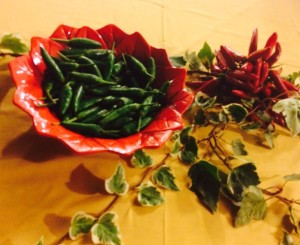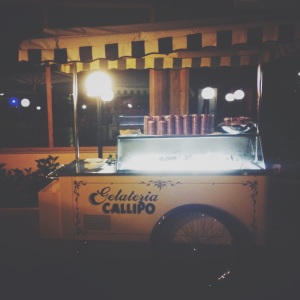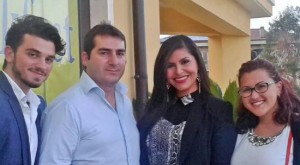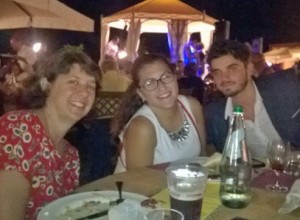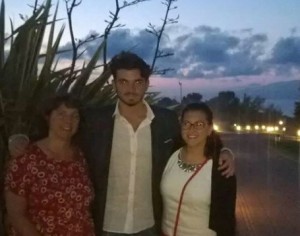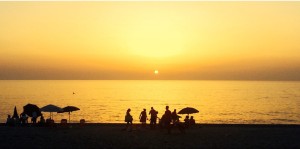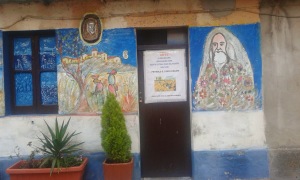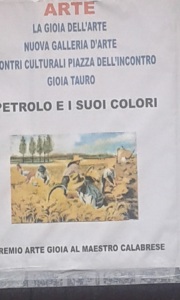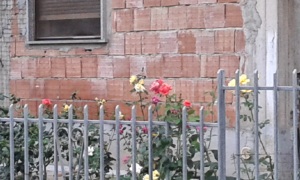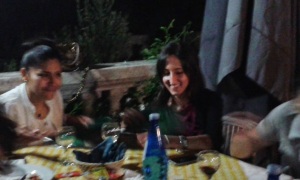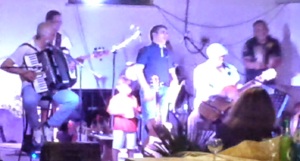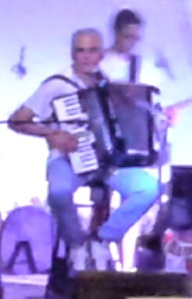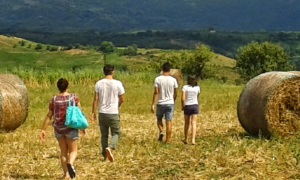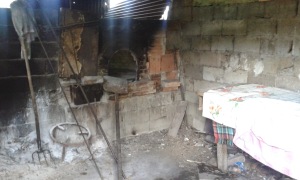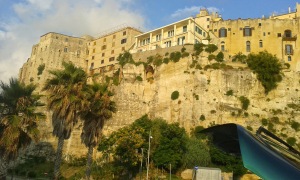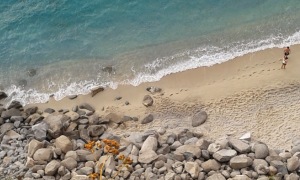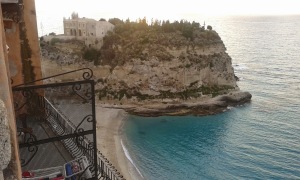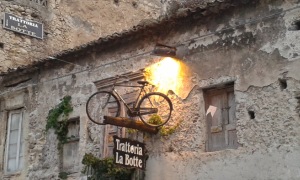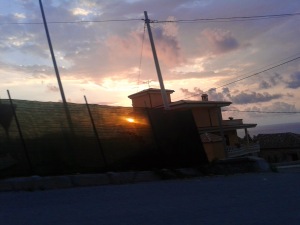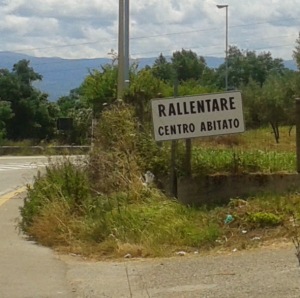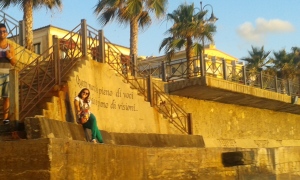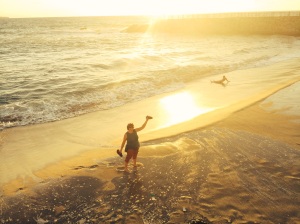As I reflect upon the time spent with Prof. Nagy, Alessia and Frankie conducting research in Calabria, I can’t help but feel honoured to have been a small part of this project.
It all began on a snowy day. As I was transcribing away in the LVC Lab at the University of Toronto, I received an e-mail from Prof. Nagy about a Summer Excursion Program. A few months later, though the snow had not yet melted, we were already looking for students who would be interested and eligible to come to Calabria to conduct research. Soon after (or so it seemed), flights were booked, and, recorders in hand (-luggage), off we went to the toe of the Stivale!
Not only am I glad that my being “indigenous” to Calabria was helpful to the project, but I am extremely flattered that my culture and language of birth were the focus of this research – thanks to Prof. Nagy’s interest in the Calabrese community (both in Italy and in Toronto), my people’s voices will now stand still against the powerful hands of time, stored away safely in the halls of knowledge of the University of Toronto.
Between pizzas, tiramisù, and calamari, we were able (under the expert guidance of Prof. Nagy) to construct a unique corpus of sociolinguistic interviews, which will certainly contribute not only to our personal research, but to that of many (or few) researchers interested in my humble people and our language.
I am confident that this experience has added greatly to my personal academic journey (and that of Alessia and Francesco, who worked much harder than I did), and I will carry fond memories of these few weeks spent bridging my native and adoptive cultures and delving further into the wonders of the land that I am now more proud than ever to call my first home.
Un abbraccio calabrese a tutti!
Paolo Frasca
